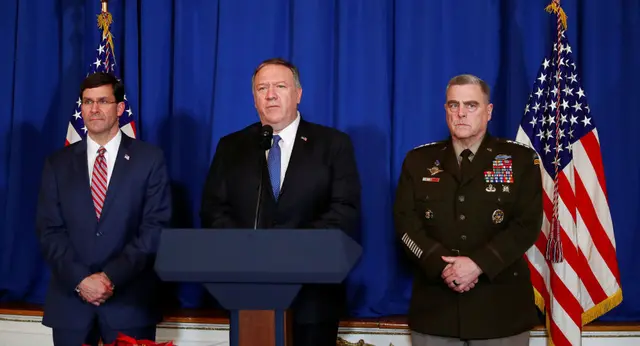Myanmar security forces intensified operations against Rohingya insurgents on Monday, police and other sources said, following three days of clashes with militants in the worst violence involving Myanmar's Muslim minority in five years.
The fighting – triggered by coordinated attacks on Friday by insurgents wielding sticks, knives and crude bombs on 30 police posts and an army base – has killed at least 104 people and led to the flight of large numbers of Muslim Rohingya and Buddhist civilians from the northern part of Rakhine State.
Rohingya women cry after being restricted by Bangladesh's border guards to further enter into the country, in Cox's Bazar, Bangladesh, August 28, 2017.
The treatment of about 1.1 million Muslim Rohingya mainly in Buddhist Myanmar has emerged as the biggest challenge for national leader Aung San Suu Kyi, who has condemned the attacks.
The Nobel peace laureate has been accused by few Western critics for not speaking out on behalf of the long-persecuted minority, and of defending the army's sweep after the October attacks.
Who are the Rohingya?
The Rohingya, one of the world's largest stateless communities, are fleeing in droves towards Bangladesh, trying to escape the latest surge in violence in Rakhine State.
The UN refugee agency said Monday more than 3,000 had arrived in the past three days, as people narrated
how they fled for their lives from Myanmar's army.
In Bangladesh on Monday, border guards tried to push back refugees stranded in no man's land near the village of Gumdhum.
Rohingya children make their way through water as they try to come to the Bangladesh side after a gunshot being heard on the Myanmar side, in Cox's Bazar, Bangladesh, August 28, 2017.
A Bangladesh Foreign Ministry official told reporters, Bangladesh was willing to work with Myanmar to crack down on the insurgents.
"The main purpose is to ensure Myanmar can't accuse us of harboring them to use against them," said the official, who was not authorized to speak publicly to media.
An Islamist group called the Arakan Rohingya Salvation Army (ARSA), which Myanmar has declared a terrorist organization, claimed responsibility for the Friday attacks.
The ARSA was also behind the violence in October, as the group staged a series of well coordinated and deadly attacks on security forces. Myanmar's military responded with a massive security crackdown.
The UN believes the army's response may amount to ethnic cleansing, allegations denied by the government of Aung San Suu Kyi and the army.
The Rohingyas are denied citizenship in Myanmar and classified as illegal immigrants. They claim their roots there is centuries old.
The community is marginalized and occasionally subjected to communal violence.
Bangladesh's border guards command to the Rohingya people not to cross the canal in Cox's Bazar, Bangladesh, August 27, 2017.
Too early to blame Aung San Suu Kyi?
United Nations Secretary General Antonio Guterres is deeply concerned by reports that civilians have been killed during security operations in Myanmar's Rakhine state and appealed for neighboring Bangladesh to allow fleeing Rohingya to seek safety, his spokesman said on Monday.
"Many of those fleeing are women and children, some of whom are wounded," UN spokesman Stephane Dujarric said in a statement.
"(The Secretary General) calls for humanitarian agencies to be granted unfettered and free access to affected communities in need of assistance and protection. The United Nations stands ready to provide all necessary support to both Myanmar and Bangladesh in that regard," Dujarric said.
Turkish President Recep Tayyip Erdogan on Monday urged the international community to step up efforts to help Myanmar's Muslim Rohingya minority, saying the world was "blind and deaf" to their plight.
Myanmar's State Counselor Aung San Suu Kyi talks to the elderly at a peace talk conference in May Tain Kan village, Wundwin, Mandalay Division, Myanmar, August 7, 2017.
Amid criticism of State Counselor Aung San Suu Kyi, former British Ambassador to Myanmar Sir John Jenkins suggested her critics are "too quick to condemn" the politician who only got into power with a "fragile" electoral triumph in 2015.
"It is simply untrue to suggest that Suu Kyi does not care about Rakhine Muslims," Jenkins wrote in a commentary on Arab News last Saturday. "Even to start to repair the fabric of Burma's wounded society is a generational task. Everyone has a claim on her attention and that of the new and hobbled Myanmar government."
She needs international understanding to deal with numerous challenges, including the powerful military's "suspicion of democracy", the immense task to fix the economy and separatism in northern states, Jenkins said, stressing that "she needs to tread carefully."
(REUTERS & AFP)
 简体中文
简体中文

